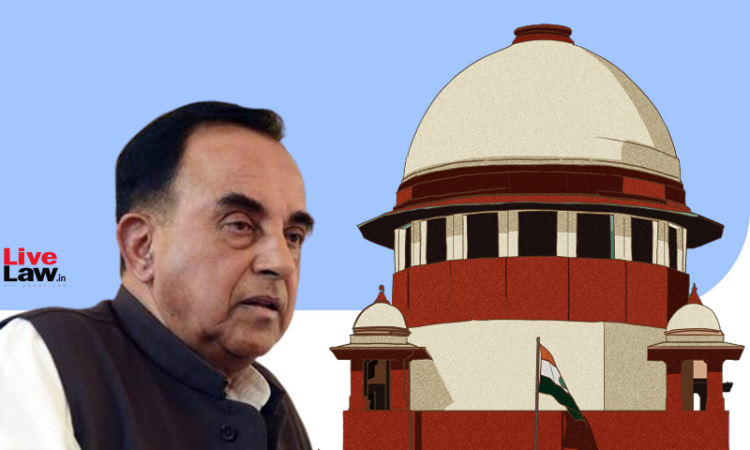Supreme Court Asks Subramanian Swamy To Show Specific Instances Of Lapses By RBI Directors In Banking Scams
Awstika Das
20 March 2023 6:46 PM IST

Next Story
20 March 2023 6:46 PM IST
The Supreme Court of India on Monday, while hearing a petition filed by Dr Subramanian Swamy seeking an enquiry by the Central Bureau of Investigation into the role of Reserve Bank of India officials in various banking scams, asked the former Rajya Sabha MP to file an affidavit showing specific instances where the central agency had not proceeded against independent directors despite...
